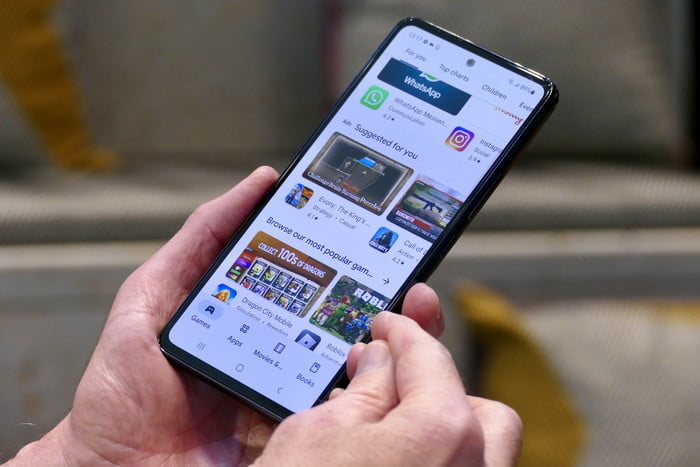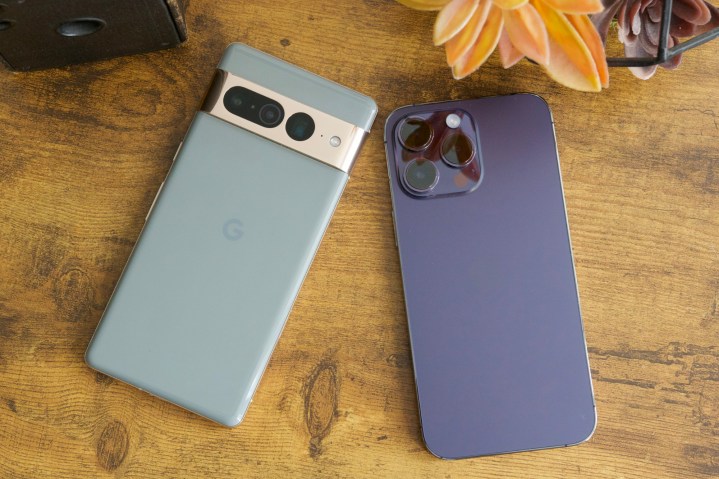Just over a week ago, Google was fined approximately $113 million in India for forcing its in-house billing system on developers making Android apps. While the fine was hefty in and of itself, the laundry list orders issued by the Competition Commission of India were the real concern for Google.
The company has now complied with the most controversial directive by removing the mandatory Google Play billing policy for in-app purchases made in India. In an official update, the company notes that it is “pausing enforcement of the requirement for developers to use Google Play’s billing system for the purchase of digital goods and services for transactions.”
Why does it matter?

Google – and Apple, too – have a strict set of rules for payments in mobile apps. Every app listed on the Play Store is required to integrate Google’s own payment pipeline in their apps for the purchase of in-app items or the payment for subscriptions. In doing so, Google is guaranteed a 30% cut of all transactions.
Developers have long cried foul about the policy, but both Apple and Google are adamant about enforcing the rule. Thanks to the CCI order, Google has paused the mandatory usage of the Google Play Billing system for users in India, as it prepares to appeal against the order and the rest of the proposed changes.
India is the world’s second-largest smartphone market, and Android commands a massive 95% market share in the country. For comparison, the stakes are much lower in the U.S., where Android’s market share is below the 50% mark, according to a Statista analysis. The CCI’s expansive orders will effectively render Google’s smartphone monopoly toothless.
In the past few months, Google has been forced to make some relaxations to the 70/30 revenue-sharing model with app developers and has even dropped its cut to as low as 12% in certain cases. But outright depriving Google of any slice of the revenue by making the Google Play Billing system enforcement optional is a huge deal.
Troubles ahead for Google and Apple

Earlier this year, the European Parliament passed the Digital Markets Act, which proposes a sweeping set of changes for ecosystem gatekeepers like Google and Apple. One of the most notable proposals is forcing Google and Apple to allow third-party payments in apps distributed via the Play Store and App Store, respectively.
Apple has defended its revenue stream from in-app payments far more fiercely than Google. The company’s core argument is that the App Store provides a safe platform for app distribution with robust security checks and access to hundreds of millions of devices, all of which come at a cost. Developers, on the other hand, have called the 30% cut exploitative and have been fighting it across continents to get the billing restriction lifted.
Interestingly, the EU’s Digital Markets Act came into effect on November 1, 2022. Seeking to “end unfair practices by companies that act as gatekeepers,” the comprehensive set of rules covering the online platform economy will be implemented in the next six months.
Starting in March 2024, gatekeepers like Apple and Google will be required to prove their compliance with the new laws. Aside from abolishing the mandatory in-house payment system, the DMA also seeks to allow sideloading and aims to enable interoperability between messaging services.
Editors' Recommendations
- The 6 biggest announcements we expect from Google I/O 2024
- Google is launching a powerful new AI app for your Android phone
- Google loses landmark antitrust lawsuit against Epic Games
- Google is killing another one of its popular apps, and it’s a big one
- Our 5 favorite iPhone and Android apps by Black developers



